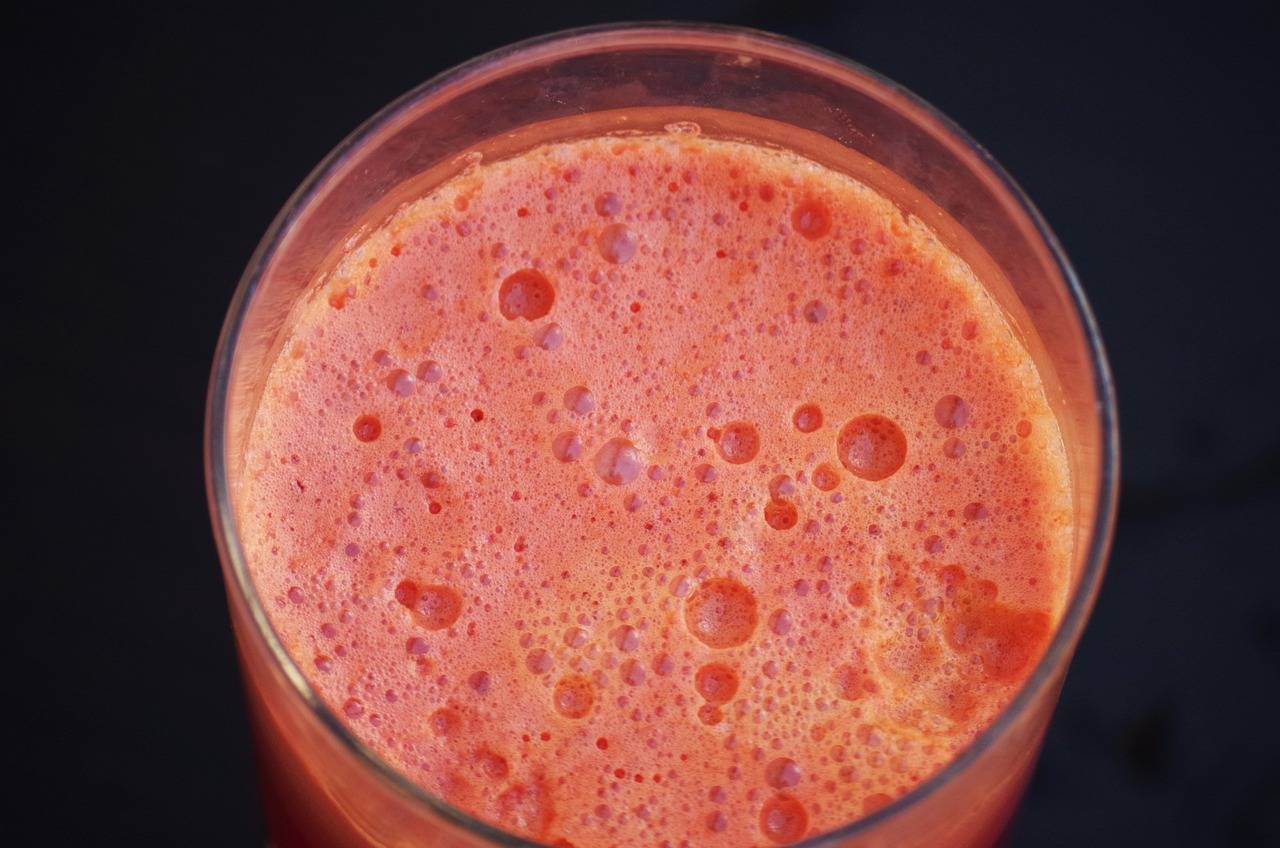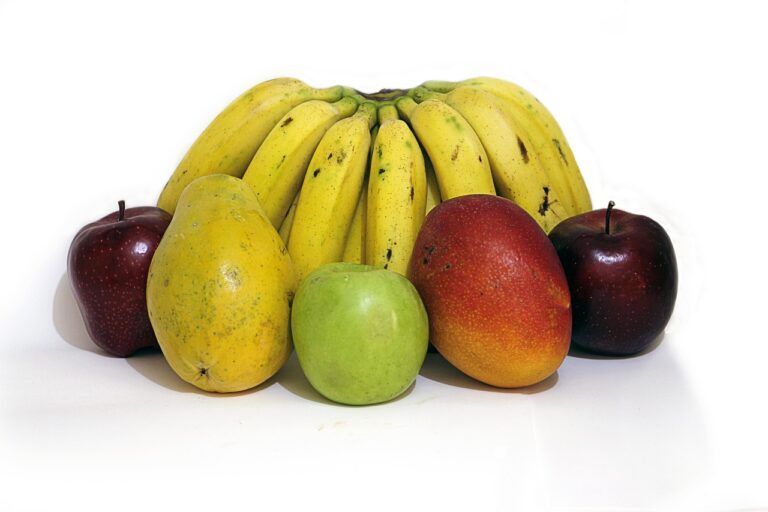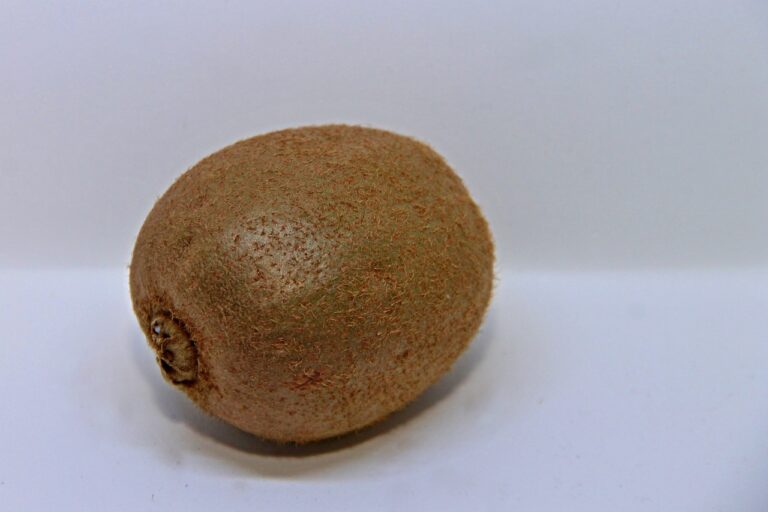Exploring the Link Between Nutrition and Cardiovascular Health
Maintaining a heart-healthy diet is crucial for overall well-being and longevity. What we eat directly impacts the health of our heart, which is the powerhouse of our body. Consuming a variety of nutrient-dense foods such as fruits, vegetables, whole grains, and lean proteins can help reduce the risk of developing heart disease.
Incorporating foods that are low in saturated fats, trans fats, cholesterol, and sodium can play a significant role in maintaining a healthy heart. By focusing on whole foods and minimizing the intake of processed and fried foods, individuals can better regulate their blood pressure and cholesterol levels, ultimately leading to better heart health. Remember, small changes in dietary habits can lead to significant improvements in heart health over time.
Understanding the Role of Fats in Cardiovascular Health
Fats play a crucial role in cardiovascular health, with different types of fats impacting the heart differently. Saturated fats, commonly found in animal products and processed foods, can increase levels of LDL cholesterol, also known as “bad” cholesterol. This can lead to plaque buildup in the arteries, increasing the risk of heart disease and stroke.
On the other hand, unsaturated fats, such as those found in nuts, seeds, and oily fish, have been shown to have a protective effect on the heart. These fats can help lower levels of LDL cholesterol and reduce inflammation in the body, supporting overall cardiovascular health. It’s important to incorporate more unsaturated fats into your diet while limiting saturated and trans fats to maintain a healthy heart.
What role do fats play in cardiovascular health?
Fats play a crucial role in cardiovascular health as they provide essential nutrients and energy for the body. However, it is important to choose healthy fats, such as monounsaturated and polyunsaturated fats, to support heart health.
How can a heart-healthy diet benefit cardiovascular health?
A heart-healthy diet can help lower cholesterol levels, reduce inflammation, improve blood pressure, and decrease the risk of heart disease and stroke. Eating a diet rich in fruits, vegetables, whole grains, lean proteins, and healthy fats can support overall cardiovascular health.
What are some sources of healthy fats that can benefit cardiovascular health?
Sources of healthy fats include avocados, nuts, seeds, olive oil, fatty fish (such as salmon and mackerel), and flaxseeds. These fats can help reduce bad cholesterol levels and support heart health when consumed in moderation.
Are all fats bad for cardiovascular health?
Not all fats are bad for cardiovascular health. While saturated and trans fats should be limited in the diet as they can increase cholesterol levels and contribute to heart disease, healthy fats like monounsaturated and polyunsaturated fats can have positive effects on cardiovascular health.
How can I incorporate more healthy fats into my diet for better cardiovascular health?
You can incorporate more healthy fats into your diet by choosing foods like nuts, seeds, avocados, and fatty fish as part of your meals and snacks. Cooking with olive oil and using it as a salad dressing can also help increase your intake of heart-healthy fats. Remember to consume fats in moderation as part of a balanced diet.





